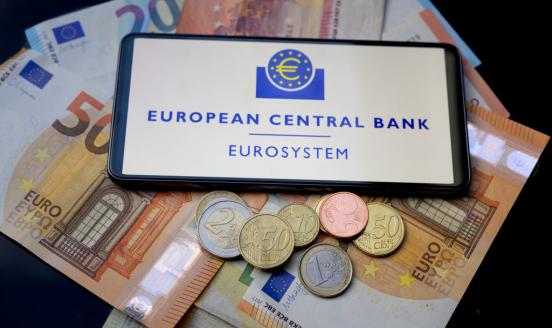Central banking in turbulent times
This event looked at fundamental questions about the central banking systems and how the Great Recession might have prompted a reassessment of the old
Speakers
Maria Demertzis
Senior fellow
Marianne Nessén
Senior Advisor to the Executive Board, Sveriges Riksbank,
Paul De Grauwe
John Paulson Chair in European Political Economy, European Institute, London School of Economics
VIDEO & AUDIO RECORDINGS
At the end of last century, (just as the European Central Bank was created), a central banking model, broadly based on the experience of independent central banks (like the Bundesbank), prevailed in advanced economies. This model seemed to be validated during the Great Moderation.
The Great Recession imparted some serious hits to that model, with central banks called to take new responsibilities in the monetary policy as well as in the financial stability domains. A new book by Francesco Papadia and Tuomas Välimäki, to be presented at this event, asks whether these changes require a basic revision of the pre-crisis central bank model. The tentative answer to this question is that adaptations more than radical changes are required (to take into account the lessons of the Great Recession).
Francesco Papadia Presentation







